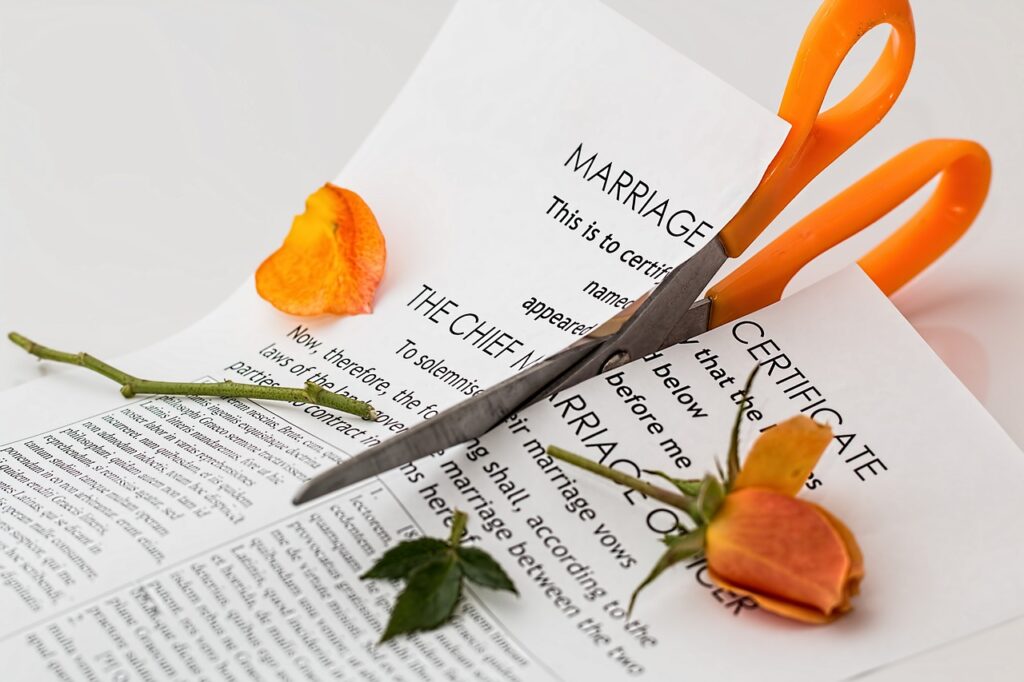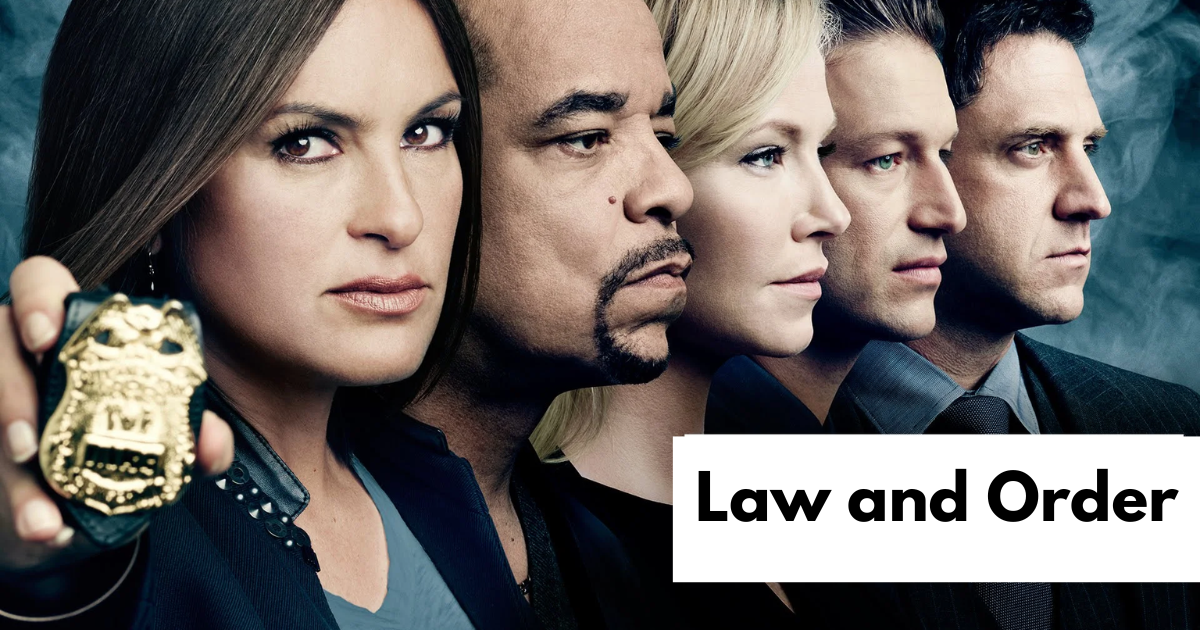Now Reading: What You Should Know About Wrongful Death Lawsuits
-
01
What You Should Know About Wrongful Death Lawsuits

What You Should Know About Wrongful Death Lawsuits
Wrongful death lawsuits are civil suits filed by family members after someone dies due to someone else’s negligence or intentional actions, regardless of state laws allowing survivors of pecuniary losses due to that death.
Surviving family members eligible to bring a wrongful death lawsuit include immediate family members such as spouses and children; some states also permit grandparents, aunts, uncles, and siblings to make claims of this nature.
Holding the Responsible Party Accountable
Successful wrongful death litigation gives family members an avenue to hold those responsible accountable and be compensated for the financial losses associated with their loved one’s untimely passing. While no amount of money can replace what has been lost, such a claim can help ease some of your burdens as time goes on.
Importantly, civil wrongful death claims exist separately from criminal proceedings against those responsible. They could involve anyone from individuals such as drunk drivers who caused accidents to businesses like construction firms with defective electrical equipment that led directly to worker deaths.
Wrongful death claims must abide by the same legal standards as negligence cases yet must meet an even stricter standard of proof. Therefore, it is crucial that you work with an attorney experienced in this area of law.
Most state wrongful death statutes detail who is eligible to file a claim and what types of damages might be awarded, typically including lost income and funeral costs; surviving family members can also pursue non-calculable losses such as grief and companionship damages as part of their claim.
Recovering Damages
Your amount of compensation in a wrongful death suit depends on the nature and extent of your losses.
Pecuniary damages typically include funeral costs, out-of-pocket medical expenses, loss of future earnings and inheritance rights as well as noneconomic damages such as grief counseling services. You can visit this site to learn more about grief counseling.
Quantifying noneconomic losses may prove more challenging; such damages include affection lost from those left behind as well as being left without support and guidance provided by them.
Proving all your losses in a wrongful death suit is essential, and an experienced wrongful death attorney can assist in compiling all the documents needed. These may include pay stubs, tax returns, and receipts related to injury- or death-related expenses as well as any witnesses that could provide useful insights.
In certain instances, punitive damages may also be pursued as an option in addition to compensatory ones.
Punitive damages serve to punish the wrongdoer and send a message that the behavior that caused your loved one’s death will not be accepted by the courts. For example, seeking and recovering punitive damages might force companies to improve their safety practices at construction sites where your loved one died.
Providing a Sense of Closure
Losing a loved one is a tragic event; when that loss was due to negligence or recklessness by another party, the pain can become all the more unbearable. Filing a wrongful death suit against those responsible can provide closure for those left behind while holding them accountable. You can click the link: https://dictionary.apa.org/closure to learn more.
Closure can be an immensely powerful experience that helps people shed the past and move forward in life. But it is essential to recognize that the journey to closure must come from within yourself; placing happiness or a sense of closure on external factors may only put more strain on yourself – instead, focus on strengthening yourself through self-compassion and acceptance of emotions as an avenue to closure.
A plaintiff bringing a wrongful death claim needs only to prove liability by a preponderance of the evidence, which is substantially lower than what would be needed to convict someone in criminal proceedings. Therefore, it is imperative that an experienced lawyer like James Murphy Esq handle your wrongful death claim. Their experience can help you get the settlement you deserve.
In order for there to be a wrongful death suit, the defendant owes the deceased a duty of care that was breached; for example, if a doctor performed surgery that led directly or indirectly to injuries or even death of their patient then there may be grounds for legal action against them for breaching that duty of care.
To establish breach, the plaintiff must present evidence such as an autopsy report, medical records, or witness testimony to establish breach. The plaintiff must show how breach directly led to injuries and deaths suffered by victims as a result of the defendant’s negligence; for instance, if they had stopped at red lights or avoided racing through railroad crossings, they may still be alive today.
To prove their losses from the defendant’s actions, victims’ families must suffer substantial harm as a result. This may be evidenced by unpaid medical bills, funeral expenses, and lost income.
Evidence can be hard to come by in these four areas, but wrongful death lawyers have access to tools necessary for gathering credible evidence such as statements from close family and friends of the victim, expert witnesses, and medical/forensic evidence. Furthermore, court rules determine which forms of evidence will be admissible in court proceedings.











